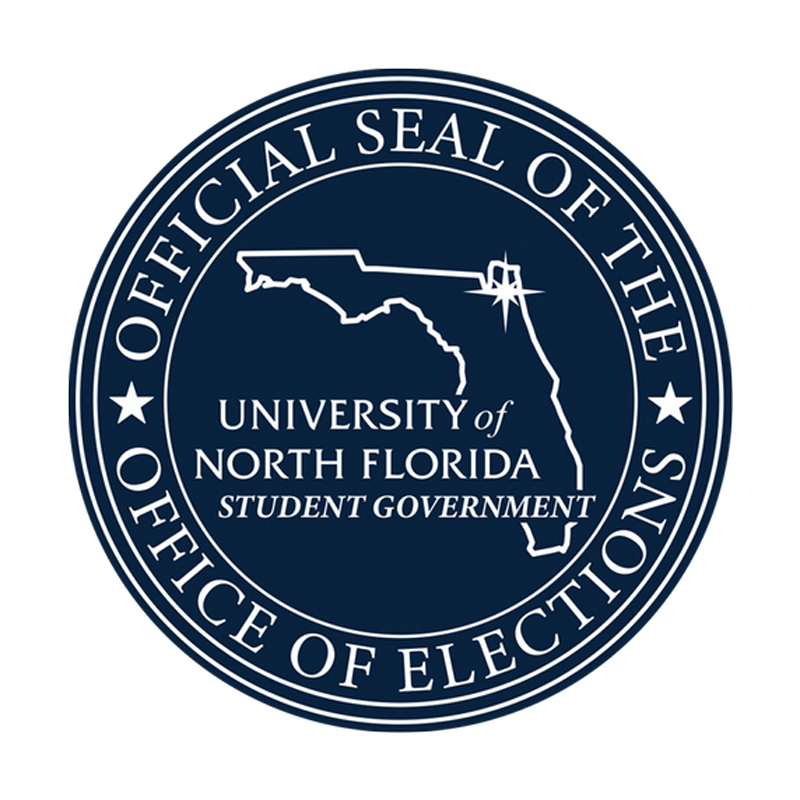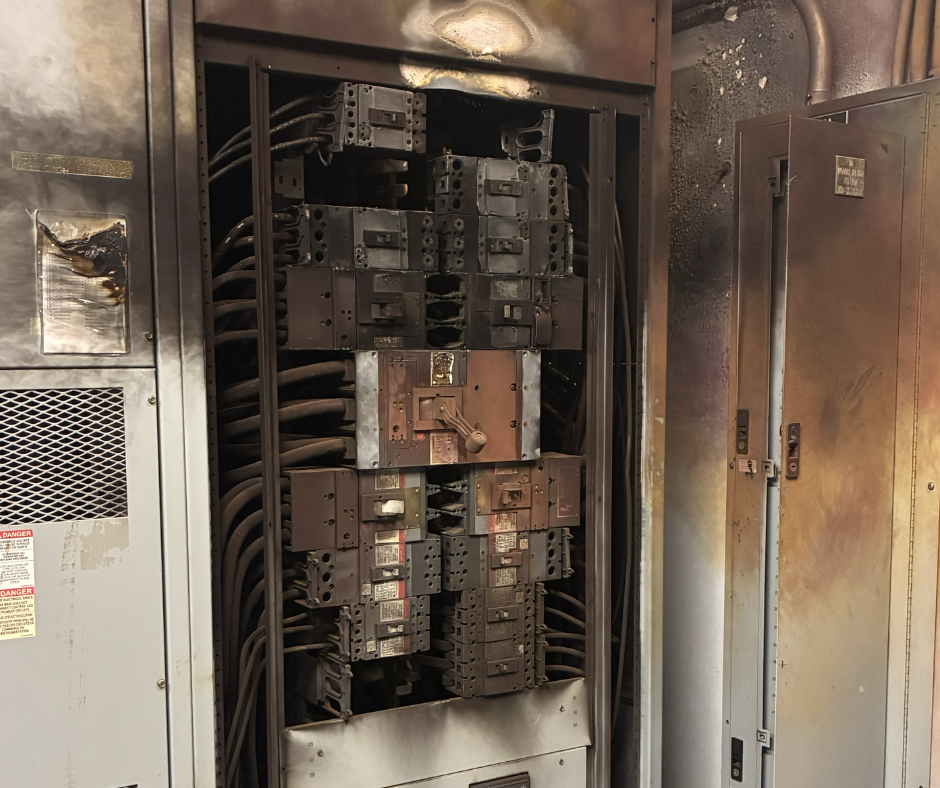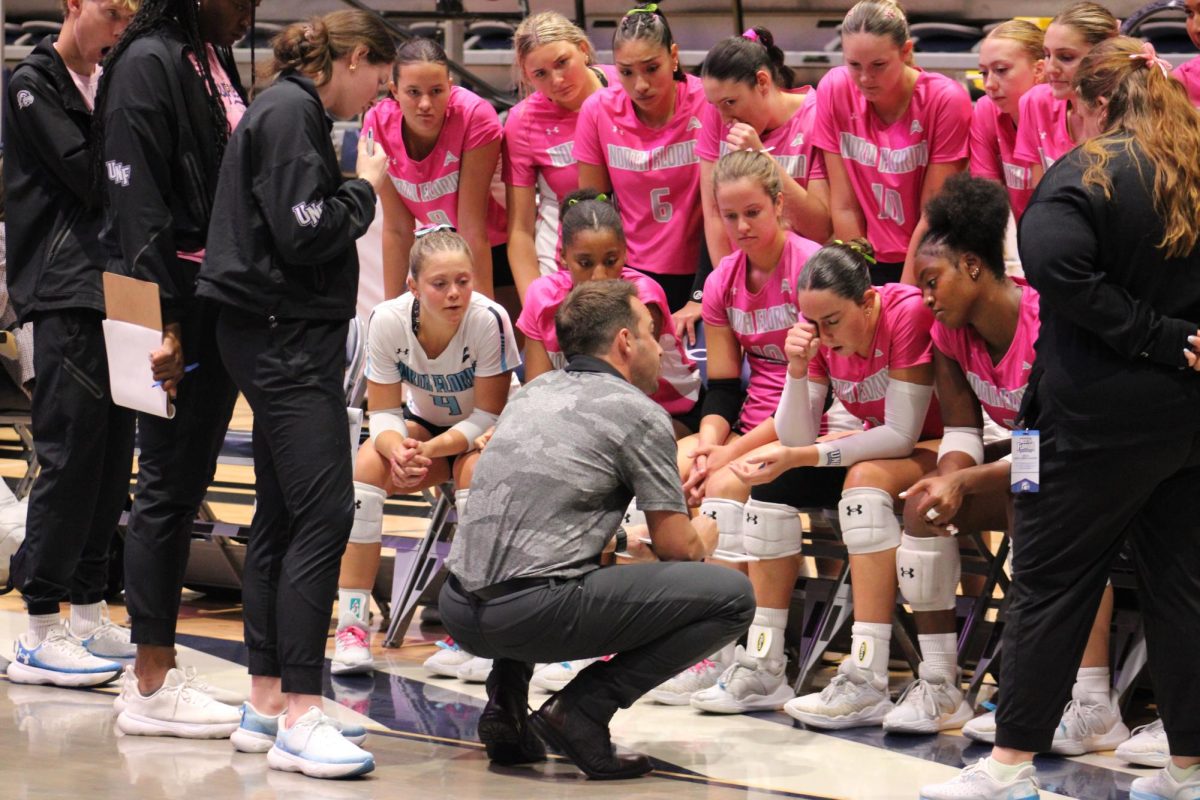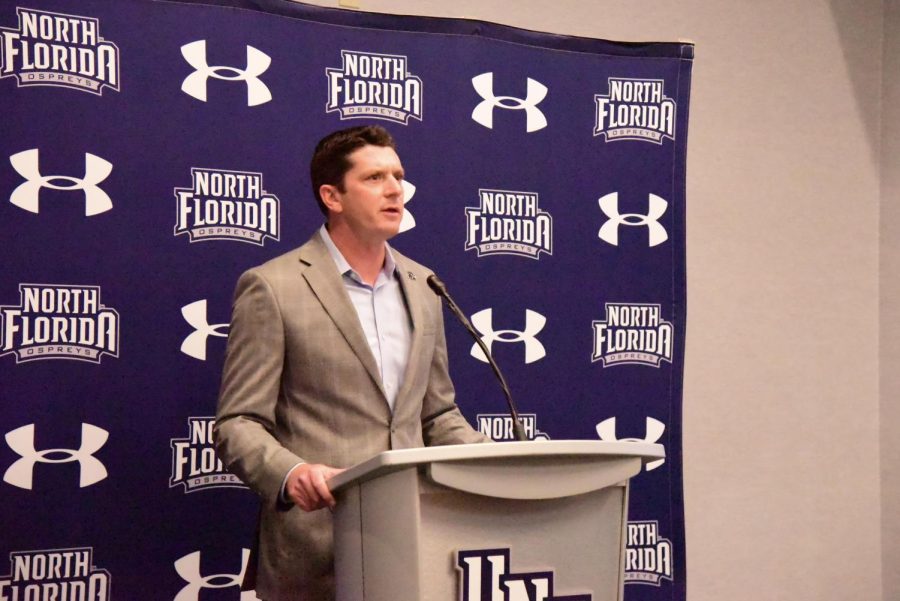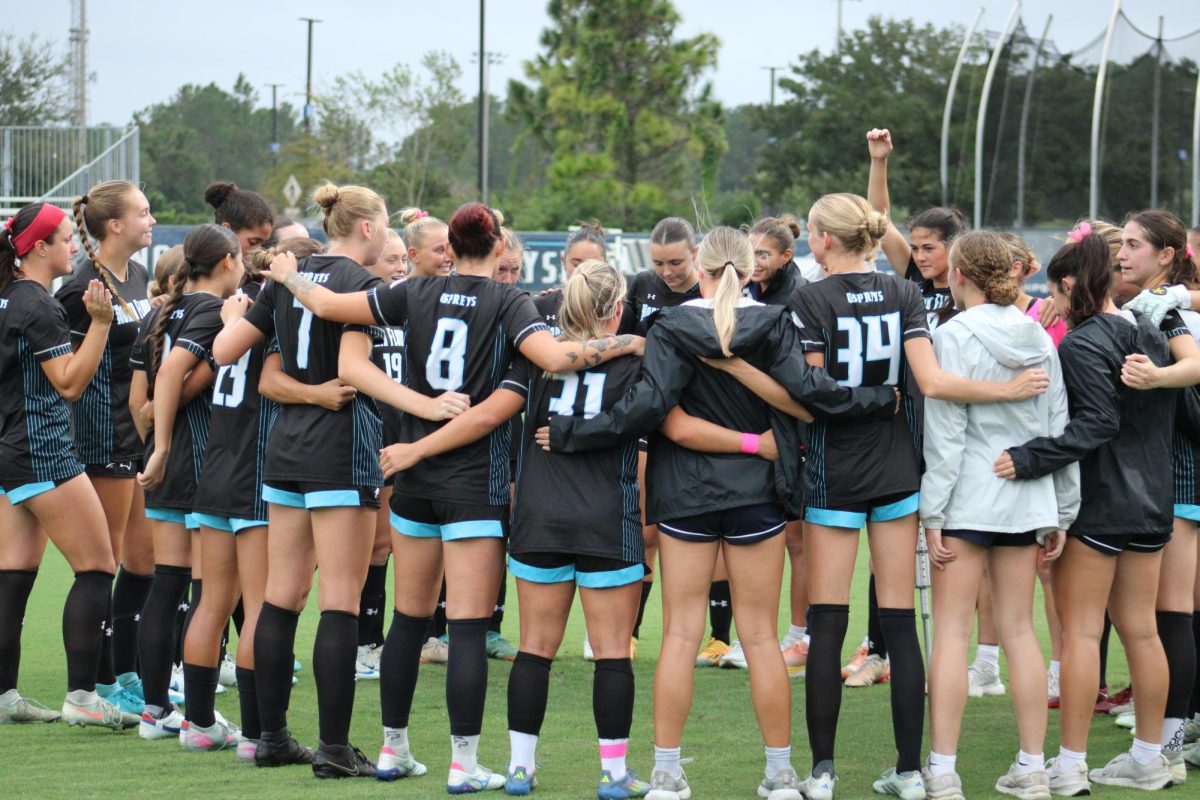By: Maggie Seppi

Americans Elect, a nonprofit organization, is teaming up with college students to create the first-ever online convention to nominate a third nonpartisan presidential ticket in June 2012.
Grant Sarvis, a UNF political science senior, is a volunteer in charge of promoting the new process and recruiting members at the university.
“It’s not a third party, it’s a second way to vote for a candidate,” Sarvis said. “The organization isn’t looking to become a third party, and it wants to be as nonpartisan as possible.”
However, skepticism has arisen as to who is behind the selection of candidates.
“[Americans Elect] has a candidate certification committee, and we don’t know who they are,” said Ronald Libby, a professor in UNF’s political science department. “What guarantee do we have that this is legit — that we can trust these people?”
Delegates answer a series of questions on the website, then their responses are matched with other voter’s responses. This process means voters can easily find the candidate who falls most in line with their views.
“It’s a way to personalize what you care about,” Sarvis said.
Americans Elect hopes citizens will be able to decide on issues, choose the candidates and nominate the president. This is all with the end goal of getting the winner on the 2012 ballot in every state.
However, it may be too soon to tell if 2012 is a viable goal.
“Perhaps a more realistic goal would be to look to 2016,” said Nicholas Seabrook, an assistant professor in UNF’s political science department.
If the person they elect could demonstrate a threshold of support in the 2012 election and get over 5 percent of the vote, maybe they could qualify for public funding in 2016, Seabrook said.
Approximately 150 schools across the U.S. have volunteers like Sarvis who recruit students and promote the process, Sarvis said.
Any registered voter, regardless of party affiliation, can participate in the convention by becoming a delegate through the organization’s website, AmericansElect.org.
Also, any person of legal voting age is allowed to participate. The focus, however, is on young adults, who feel disenfranchised by today’s political system and often don’t take the time to vote.
“[Americans Elect makes way more sense and it simplifies the process,” said Alex Marsh, a UNF business freshman. “It sounds like it makes voting easier for everyone”
Despite expressed optimism about the group’s potential, criticisms are circulating about the system itself.
“I don’t have a problem going to vote in person and I don’t really like the idea of one more thing being online,” said Lauren Dennis, a UNF journalism senior. “I’m just not dissatisfied to that point.”
You have to look at who’s behind it, Libby said. From that you can gather what their intentions may be for creating something like this.
Peter Ackerman is the president, chairman and director of Americans Elect, as well as one of its main financiers, to the tune of $1.8 million.
Ackerman’s background is mostly liberal, Libby said.
Ackerman chaired the board of trustees for Freedom House, a human rights advocacy group, until 2009.
The people at Freedom House probably feel comfortable with the Democratic Party, Libby said. His background makes it difficult to maintain the nonpartisan exterior Americans Elect is trying to promote.
“Who knows if they are pushing a certain candidate; they can do anything,” Libby said. “On the face of it, it sounds fine, but it’s like the devil’s in the details.”
But for those dissatisfied with politics as usual, Americans Elect may offer hope.
Americans Elect delves into the grey area of politics and avoids forcing voters to choose between the black and white party lines that are Democrats and Republicans.
“This election season is ripe for this kind of opportunity because of all of the frustration with both sides, and technology makes it viable,” said Matthew T. Corrigan, professor and chair of UNF’s political science department.
Petitions circulating in all 50 states are attempting to gather enough signatures to make the Americans Elect candidate a part of their ballot.
“So far, 30 states are on board,” Sarvis said. “So we will get all 50 by next year — no problem.”
Overall, I think it’s a good idea, but I’m kind of skeptical if it will actually be successful, Seabrook said. The candidate would have to raise a lot of money because they don’t have that kind of party infrastructure in place like the Democrats and Republicans do.
Seabrook said Americans Elect is a good way to expose college students to politics.
“I am looking for a core group of people that is committed because I can’t do it myself,” Sarvis said. “If I could get a sophomore or freshman involved that has a voice around the dorms, that would be ideal.”
Anyone can be a candidate, and they are currently sifting through the applications of legitimate contenders, Sarvis said. A list should surface in a few months.
All debates will be held on the website, where people can also donate.
In the upcoming weeks, Sarvis said he hopes to set up a table in the student union to further promote the organization among students and faculty.
“This is the first step — to raise awareness.”
Like Americans Elect on Facebook
Join the cause at AmericansElect.org




